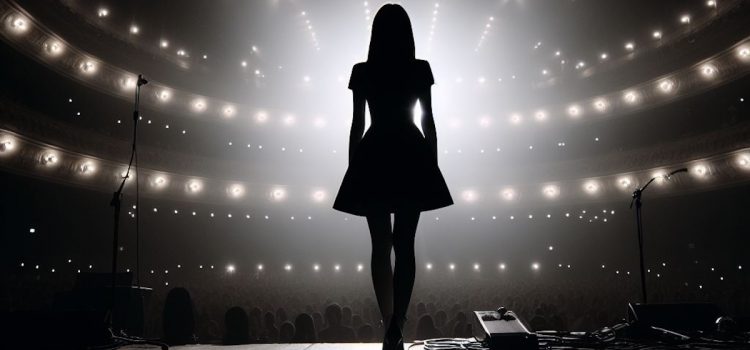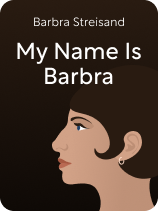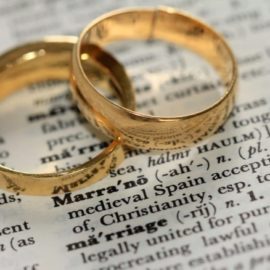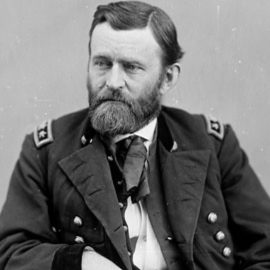

This article is an excerpt from the Shortform book guide to "My Name Is Barbra" by Barbra Streisand. Shortform has the world's best summaries and analyses of books you should be reading.
Like this article? Sign up for a free trial here.
When did Barbra Streisand begin acting? Did she worry about being typecast? How has she combined her other talents with acting?
Barbra Streisand isn’t just an amazing singer; she’s also an accomplished actress. In fact, she began acting professionally before she started her singing career. Over the years, she’s enjoyed remarkable achievements in the theater and the movies.
Continue reading to learn the highlights of Barbra Streisand’s acting career.
Stage
Streisand got her first acting credits at the age of 15 as an apprentice at Malden Bridge Playhouse. Her first role was a small part in a play called Teahouse of the August Moon. That same summer, she played a flirtatious office worker and a plain, bookish girl; though those roles were very different from each other, she received positive reviews for both. Streisand says that she felt miscast in some of the roles she played during her apprenticeship, but she didn’t care—she was just happy to finally be onstage.
(Shortform note: The factual details of Streisand’s acting career are readily available. Therefore, we focus mainly on what she says about her personal experiences as a performer rather than reiterating all of the specific roles she played.)
With Erlichman’s support, Streisand landed her first Broadway role at the age of 19: a young secretary named Miss Marmelstein in the play I Can Get It for You Wholesale.
In 1964, Streisand starred in Funny Girl as legendary vaudeville performer Fanny Brice. She adds that she was competing with some of the biggest names of the day for that part, including Carol Burnett and Anne Bancroft; being cast over such popular stars was proof of Streisand’s stardom.
Streisand adds that she was nominated for Tony Awards for both of the aforementioned shows, but she didn’t win. However, in 1970, she was presented with a Special Tony Award for Star of the Decade. She says that award moved her deeply because it came from the theater community, which she’d come to view as her family.
Screen
Streisand says that anything she performs onstage is gone as soon as the show ends, but movies last forever. She finds it satisfying and reassuring to know that something she made will outlast her.
Streisand’s first role in a movie was reprising the role of Fanny Brice from Funny Girl. She says that she was nervous to be on the big screen because she didn’t look like other movie stars of the time, such as Marilyn Monroe, and she thought audiences would reject her because of it. However, that wasn’t the case; Streisand won her first Oscar (Best Actress) for her role in Funny Girl.
Streisand has starred in many movies, but her most commercially successful role was as Esther Hoffman in the musical drama A Star Is Born. This was also the most profitable movie for her, since her contracted pay included a percentage of the gross earnings (though she doesn’t say exactly how much she made for that role).
A Star Is Born includes the song “Evergreen,” which earned Streisand another Oscar (for Best Original Song). “Evergreen” also won three Grammy Awards: Best Female Pop Vocal Performance, Best Arrangement, and Song of the Year.
Streisand adds that she’s come to dislike a lot of the tedious work that comes with acting, such as learning lines and spending hours each day getting her hair and makeup ready. She finds directing to be more difficult than acting, but also more interesting and more fulfilling.
The most noteworthy of the films she has directed is her first: the 1983 musical drama Yentl, which she also co-wrote, co-produced, and starred in.

———End of Preview———
Like what you just read? Read the rest of the world's best book summary and analysis of Barbra Streisand's "My Name Is Barbra" at Shortform.
Here's what you'll find in our full My Name Is Barbra summary:
- The autobiography of Barbra Streisand, a rare EGOT winner
- Streisand's childhood, romantic relationships, and extensive career
- Why Streisand began singing despite having little to no formal training






